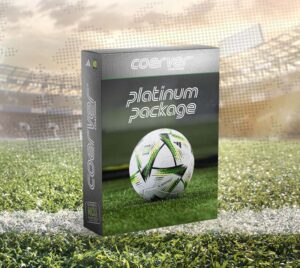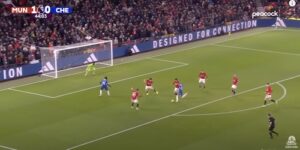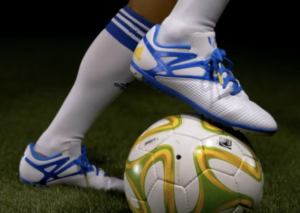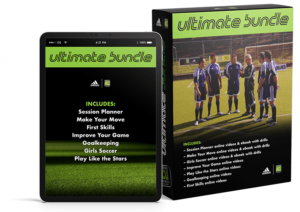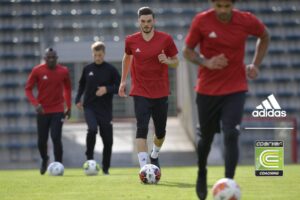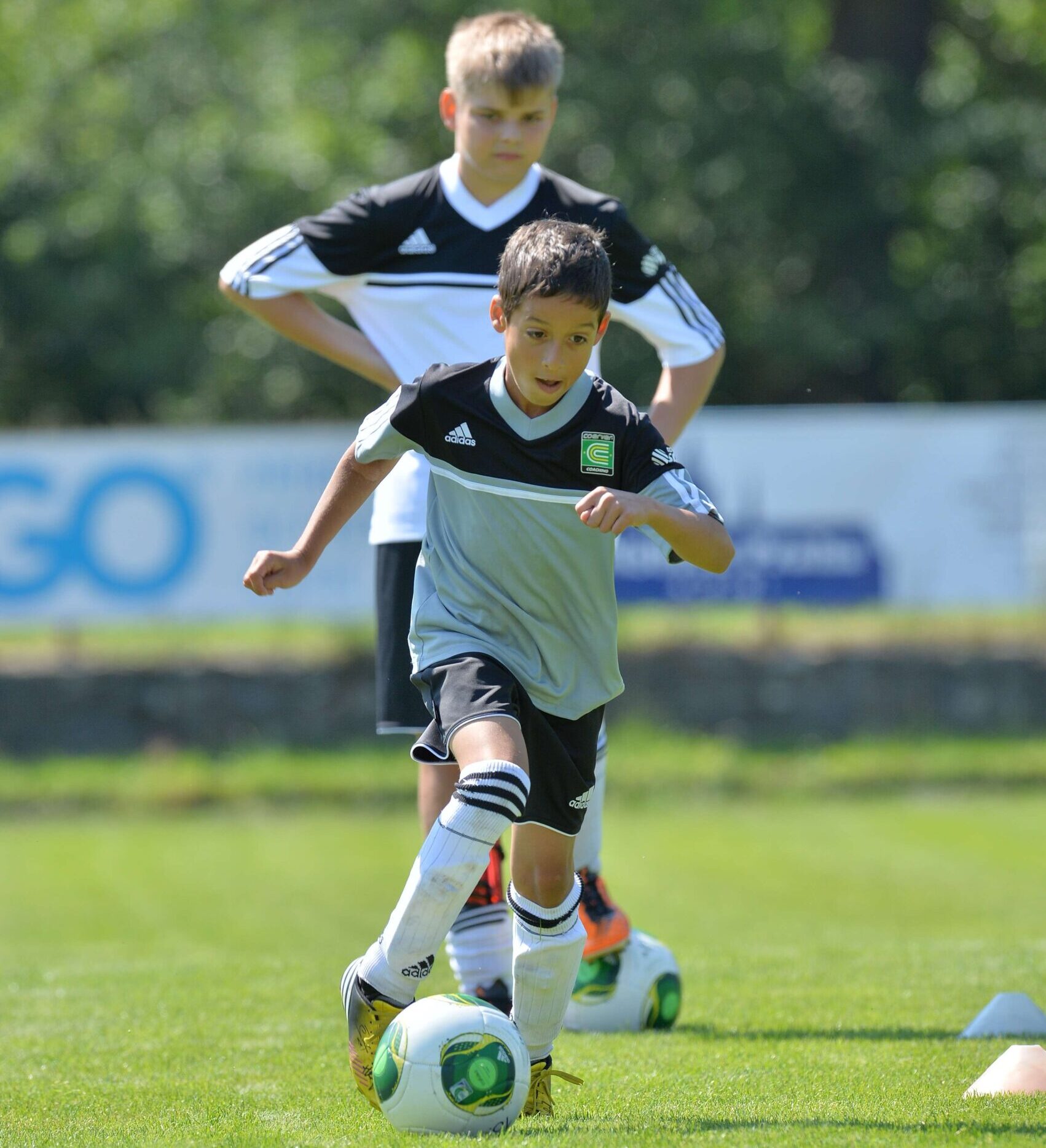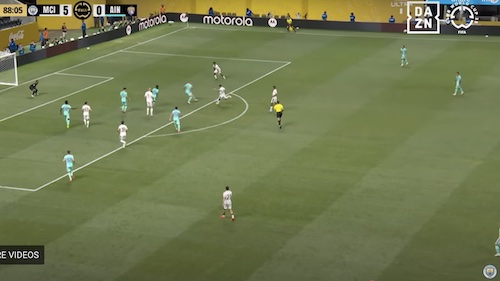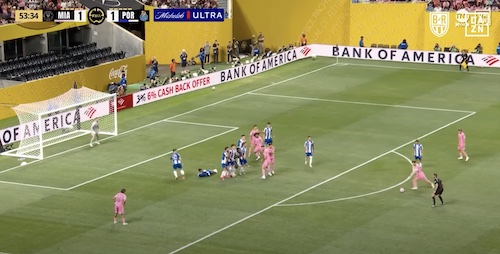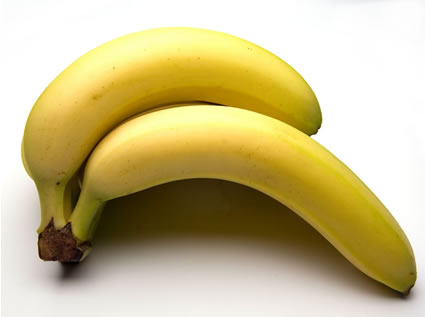
You probably already understand that in order to play win, you need to train to win. But did you know you’re also going to have to eat to win? Yes, soccer players are running for nearly 90 minutes during a game, with a short break in between, so soccer diet is crucial if you want to have the energy to play your best soccer the whole game.
Sure, it might seem like your diet is so detached from your soccer game. The last thing on your mind when you’re fending off an opponent and aiming for the net is what you had for dinner last night. But your body might feel otherwise.
The fact is, if you’re looking to get the most out of your body, you need to make the most of your diet. What you get out of your body is a function of what you put into it.
Banana a Day: Bananas have twice as many carbohydrates as an apple, five times as much Vitamin A and iron and three times as much phosphorus. And, bananas are rich in potassium and natural sugars. So, since bananas are easy to carry around, why not throw one in your soccer bag so you have something to eat before soccer practice.
ACT NOW: Knowledge is power. Do you know what you’re putting into your body? Probably not. Go to the store and buy a small notebook to carry around with you and record what you eat. You might be surprised to see how unhealthy or unbalanced your diet really is.
You might think to yourself, “Oh, I know so-and-so; he plays well and doesn’t watch his diet at all!” But think again. If someone plays well on a careless diet, imagine what he or she would be able to accomplish by giving their body the tools it needs to perform optimally! If all you want to do is play well, you might be able to get away with eating whatever’s in front of you. But if you want to play your sweat-dripping, goal-scoring, and awe-inspiring best, you need to start taking a closer look at your diet. Do you want to play college or professional soccer? Then it’s important to take care of your body and monitor what you eat.
Eating consciously will give your body the building blocks necessary to achieve maximum endurance, coordination, and skill. However, this is no easy task.
That’s because we live in a Fast Food Nation and an increasingly Fast Food World. Unfortunately, fast food won’t put you on a fast track to soccer success. In fact, it’ll have quite the opposite effect. A quick, cheap and easy meal like a cheeseburger and fries might seem tempting, especially when you’ve just had practice and feel like you could eat an entire cow; but much in the same way that putting poor-quality fuel in your car will increase its wear and tear and keep it from running smoothly, pumping your body up with heavy grease and empty calories will only hurt your game. Ultimately, you are what you eat.
The effects of eating fast food on a regular basis might not be so obvious. It’s not as if you’ll miss more goals immediately after having eaten a Whopper. But over time, the results accumulate. Your performance will lag a little more, week by week and month by month, as your body struggles to make the most out of low-quality calories, and to pump blood through cholesterol-ridden arteries. And one day, you might miss a winning goal and wonder why your performance has suffered. No matter how much you’ve trained, your body can only do so much on a poor diet. Why impose that kind of limit on yourself?
TAKE ACTION: Go to your local video store or library and check out a copy of the documentary “Supersize Me.” If all the nutritional facts about fast food don’t faze you, this documentary will.
Plus, even though that quick fast food meal tastes great when you eat it, in a few hours you’ll need refuel with something else to sustain you. When you’re young you can get away with eating fast food, but if you want to play soccer at the highest level and stay injury free, it pays to eat a balanced diet and stay clear of fast food.
What you do have access to that they didn’t is a wide variety of nutritious and wholesome foods. Being able to distinguish energy-granting, muscle-building foods from those that will only slow you down is an imperative skill as an athlete. You don’t need a personal trainer or a dietician to make these decisions for you. By educating yourself and reading this guide, you’ll learn how to reach and remain at your peak level of achievement.
Learn more about eating right for soccer:





